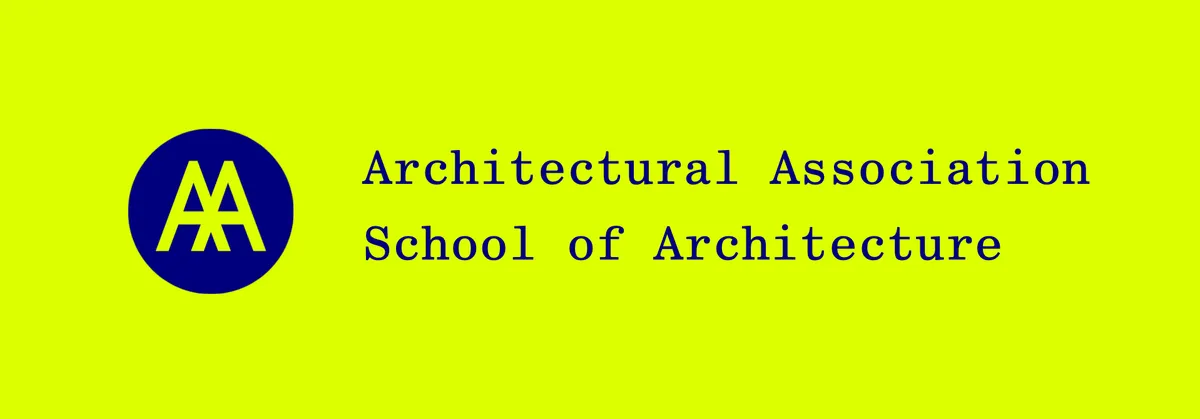For Architectural Association and ICA’s Speculative Studies: Art and Ecology strand for postgraduates, I shared recent research and curatorial projects on knowledge systems and climate speculative fiction. Investigating the power structures of climate and environmental knowledge systems, this work confronts issues of injustice that permeate from the colonial history of climate change.
What constitutes knowledge about climate change? Who is in control of producing and sharing information? How does this information benefit or compromise marginalised groups?
In the second part of the session, I led an exploration into some sinophone speculative fiction that discuss these issues. Focusing on waste, from e-waste management to incinerator activism, the seminar expanded on the actors, processes and challenges of globalised consumerism and the industry of waste. With particular attention to Hao Jingfang’s short science fiction story ‘Folding Beijing’, we discussed the social and ecological impacts, and how stories can help frame justice on a global level.
“Speculative Studies explores issues of contemporary culture through the study of other disciplines and practices and their relation to architecture. Exposing students to other fields, research methodologies, historiographies and modes of action, Speculative Studies brings together a wide range of disciplines including anthropology, art, biology, ecology, economics, geology, law, philosophy and politics among others to learn and identify relevant forms of activism and action.”
“Addressing complex issues such as identity, value, sustainability, postcolonialism, agency, authority, and ethics, these seminars are taught by practitioners, theorists and pedagogues who are able to translate and communicate highly complex issues into the classroom for open debate and discussion. Consisting of lectures, debates and experimental pedagogical formats, each seminar consists of 5 sessions with a group of 15 students (maximum) from the second year (Core Curriculum) and the Diploma, Post-Graduate and PhD programme (Electives).
This session addresses the current ecological crises facing our contemporary moment. Considering art’s relation to environmentalism, a key issue in contemporary culture, this session will explore forms of knowledge sharing, care (towards self, community and ecologies) and social justice. Considering the context of patriarchal white supremacy and disaster capitalism that operates systematically in both the arts and environmentalism, Angela Chan will lead discussions on how various creative practices offer strategies and inspiration for people to work together towards climate justice.”
Find out more here
